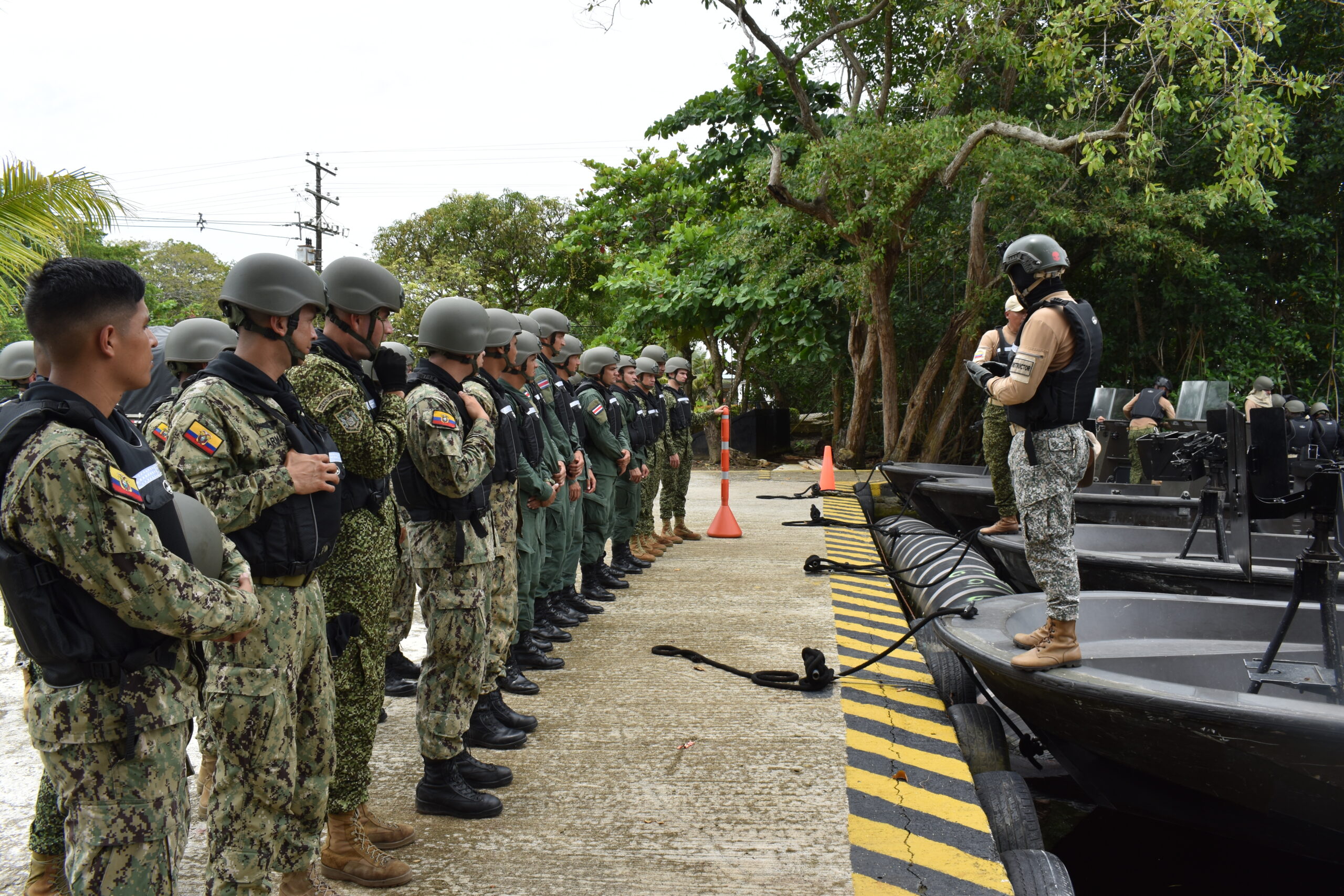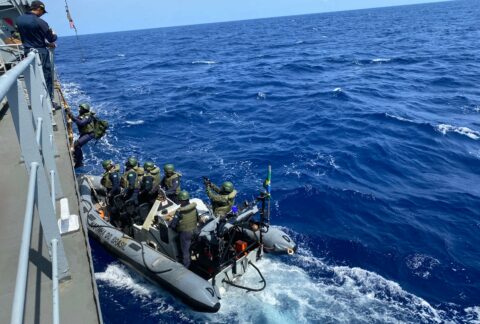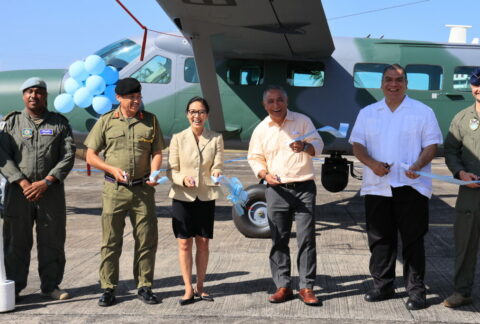The Colombian Navy, with the support of the United Nations Office on Drugs and Crime (UNODC), held an international training course in Riverine Operations at the facilities of the International Center for Advanced Riverine Excellence (CIEAF), in Turbo, Antioquia. Twenty-four members of the security forces of Costa Rica, Ecuador, and Mozambique, and four Colombians attended the 25-day, September training.
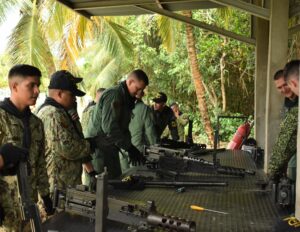
The Marine Infantry Command, through CIEAF, designed and developed this riverine operations training in response to the expansion of organized crime, Marine Corps Major Juan Camilo López, IEAF director, told Diálogo. “With this training, the aim is to each year reduce the innumerable losses of lives due to organized crime, health issues, violence associated with drugs, deaths from firearms, environmental contamination, contraband, human trafficking, and the smuggling of illegal migrants.”
These crimes affect the stability of the region, so there is a joint responsibility between Colombia and the countries with which it shares river borders to combat each of these scourges, Maj. López said. “The training was aimed at national personnel and partner nations that carry out military operations in areas of river and border responsibility, in order to directly impact these organizations.”
The course included instruction in weaponry, human rights, international humanitarian law, riverine operations, boat handling, planning, river tactical and technical procedures ,and combat water survival, the Colombian Navy said in a statement.
“We learned many things, among them maneuvers in the river environment, since we were given lessons on the correct techniques for movement, docking, day and night navigation, handling and firing of weapons in the boats,” Costa Rican Agent Ariel Ramírez, part of the Coast Border Police Corps, told Diálogo.
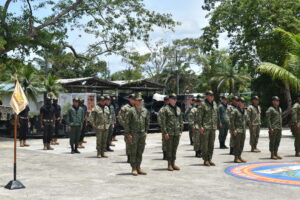
Marine Corps Sergeant Freddy Fernando Herrera Pazmino, a military instructor from the Ecuadorian Navy, told Diálogo: “I’m going to use the training I received in my country or in my area of operation, which is what we call coastal operations here in Ecuador, both in terms of operations and security and procedures that we must have at all times, whether the boat is docked or operating on the rivers, banks, or at sea.”
At the end of the course, Colombian Marine Corps Colonel Alejandro Emilio Albarracín, commander of the Marine Infantry Training Base, presided over a closing ceremony, with the participation of Francesca Caonero, program coordinator for Latin America and the Caribbean of the UNODC Global Maritime Crime Programme, the Colombian Navy said.
“We hope to continue in the future to improve the training and standardize tactics, techniques, and procedures at the operational level, to fight against transnational crime networks, to evolve in parallel with the modus operandi of the enemy, and to be able to offer training tools to the personnel, and as such contribute, and significantly reduce the offenses associated with these crimes,” Maj. López said.

